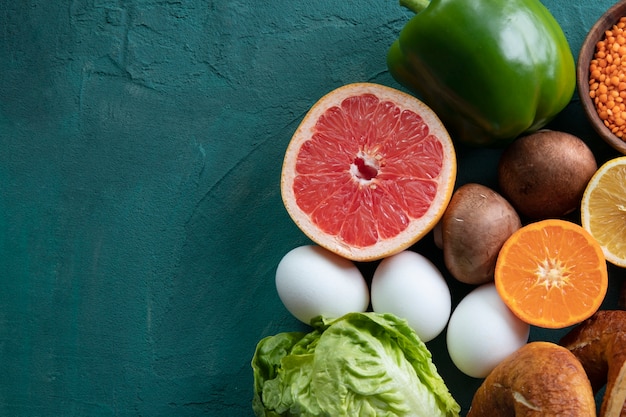
When was the last time you had a good 8-hour sleep? More sleep generally means better health, which we all aim for, right? Surprisingly, what you eat can impact your sleep quality. Here are some tips to help you catch more restful sleep.
Sleep problems, like insomnia, have been troubling people for ages. It’s incredibly frustrating to lie in bed, turn off the light, but stay awake for hours. The surprising part is that our diet often contributes to these sleepless nights. An unhealthy diet is a major cause of insomnia.
Let’s explore how your eating habits can affect your sleep and 11 simple ways to improve them for better sleep.
Adding a banana to your daily diet, particularly in the evening, can help. Bananas are packed with potassium, magnesium, and muscle-relaxing nutrients. They also contain tryptophan, an amino acid that promotes sleep by converting into serotonin and melatonin, which help you relax and sleep.
Caffeine sticks around in your system for up to 12 hours. So, it’s best to enjoy your morning coffee but avoid it for the rest of the day to improve your sleep quality.
A study from the University of Sydney found that people who ate rice for dinner fell asleep faster. Rice contains tryptophan-producing sugars that convert into sleep-inducing serotonin and melatonin. Similar effects can be achieved with bread, cereal, and pasta.
Eating fewer than 1,200 calories a day can lead to insomnia due to missing essential nutrients like calcium and magnesium, which are relaxants found in dairy products, green vegetables, and nuts. Lack of iron, vitamins B and C, and folic acid can worsen the situation. A balanced diet including fruits, vegetables, whole grains, nuts, low-fat dairy, and lean meat is essential.
While you can drink alcohol, avoid it just before bed. Alcohol leads to heavy sleep initially but disrupts sleep later, causing more harm than good.
Be mindful of salt intake when cooking or eating processed foods, as high sodium levels can increase blood pressure and cause dehydration, disrupting sleep. Staying hydrated is crucial for good sleep, so drink six to eight glasses of water daily but avoid liquids three hours before bed to prevent nighttime bathroom trips.
Fatty foods can lead to heart problems and poor sleep. If you eat meat for dinner, choose lean options. Eating small, nutritious meals every few hours helps your body maintain a good balance of neurotransmitters and hormones for better sleep. Instead of three large meals, have six small ones spread throughout the day.
Don’t go to bed hungry; a small snack before bedtime can actually help. Your last meal should be two to three hours before bed to maintain optimal melatonin and blood sugar levels. Large meals before bed can cause increased metabolic activity and gastric reflux, both of which interfere with sleep.
Of course, good nutrition is just one part of the sleep quality puzzle. Minimizing light sources, using an air purifier, and reserving your bedroom for sleep also contribute to better rest.